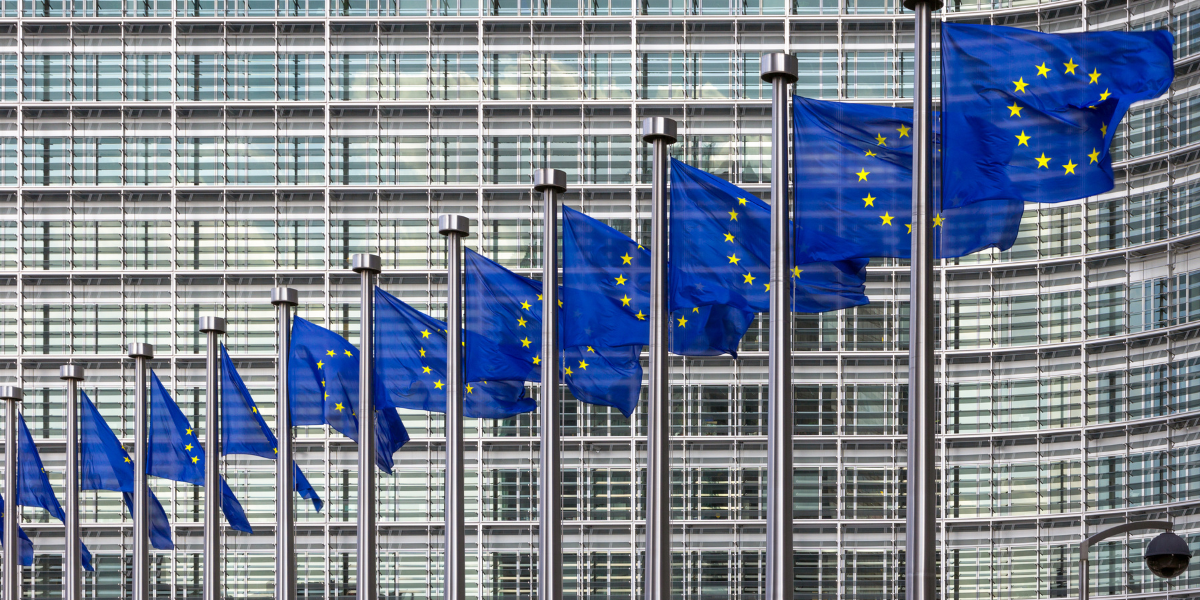PRESS RELEASE, 19 May 2025
90 prominent economists from the EU have issued a warning regarding the European Commission’s Omnibus I package, claiming it poses a significant setback that could jeopardise the EU’s global leadership in sustainability and human rights. The economists argue in their common statement that attempts to dilute the Corporate Sustainability Due Diligence Directive (CSDDD) and the Corporate Sustainability Reporting Directive (CSRD) within the European Commission Omnibus I package are not only politically short-sighted but also economically unfounded. They urged the European Commission, the EU Council, and the members of the European Parliament to ensure a timely and ambitious implementation of the CSDDD and other regulations of the European Green Deal.
“Economic choices are political choices. With the Omnibus proposal, the European Commission is choosing to reward short-sighted corporate lobbying at the expense of people, planet, and long-term economic resilience,” Prof. Johannes Jäger states.
The economists’ joint statement dismantles the assertion that sustainability regulations adversely impact competitiveness. Instead, they elucidate the underlying structural factors contributing to Europe’s economic deceleration, which range from decades of investment backlog in public infrastructure and public services due to the decline in domestic demand in Europe, to low-wage policies and the redistribution of welfare gains from bottom to top. Furthermore, they stress that sustainability regulations are beginning to take effect, and any modifications to existing frameworks could significantly undermine the legal structure and create uncertainty for investors.
Key findings highlighted in their statement include:
- Negligible compliance costs for large companies in implementing due diligence obligations — just 0.009% of revenues on average (London School of Economics study).
- Companies support due diligence obligations; for example, only 7% of German firms oppose such measures (Handelsblatt Research Institute, 2024).
- Risks to investor confidence and regulatory coherence if sustainability rules are rolled back.
“The social and ecological transformation of the economy has become more necessary than ever in times of crisis, conflict and the rise of extreme right-wing parties. We call on policymakers to demonstrate their commitment to human rights and sustainability, reaffirm the EU’s leadership in these areas, and ensure that the European economy is positioned to thrive in a future defined by sustainability and resilience.”
Economists’ statement: “Beyond Short-Term Profits: Why the EU Must Defend the Corporate Sustainability Due Diligence Directive and the Green Deal”
____________________________________
NOTES TO THE EDITORS:
CIDSE is an international family of Catholic social justice organisations. We work with global partners and allies to promote justice, harnessing the power of global solidarity to achieve transformational change for people and the planet. We challenge systemic injustice and its destructive impacts through connecting, mobilising, influencing and telling stories of change. We promote environmentally and socially just alternatives to allow everyone to thrivein our common home. www.cidse.org
“EU must not swap sustainability rules for short-sighted populist measures”, Op-ed by Johannes Jäger and Laurence Scialom, published in Sustainable Views. 19 May.
MEDIA CONTACT:
Susana Hernandez, Corporate Power & Human Rights Officer, hernandez(at)cidse.org
Cover photo: Row of EU flags in front of the European Commission building, Brussels.
Credit: VanderWolf-Images from Getty Images

